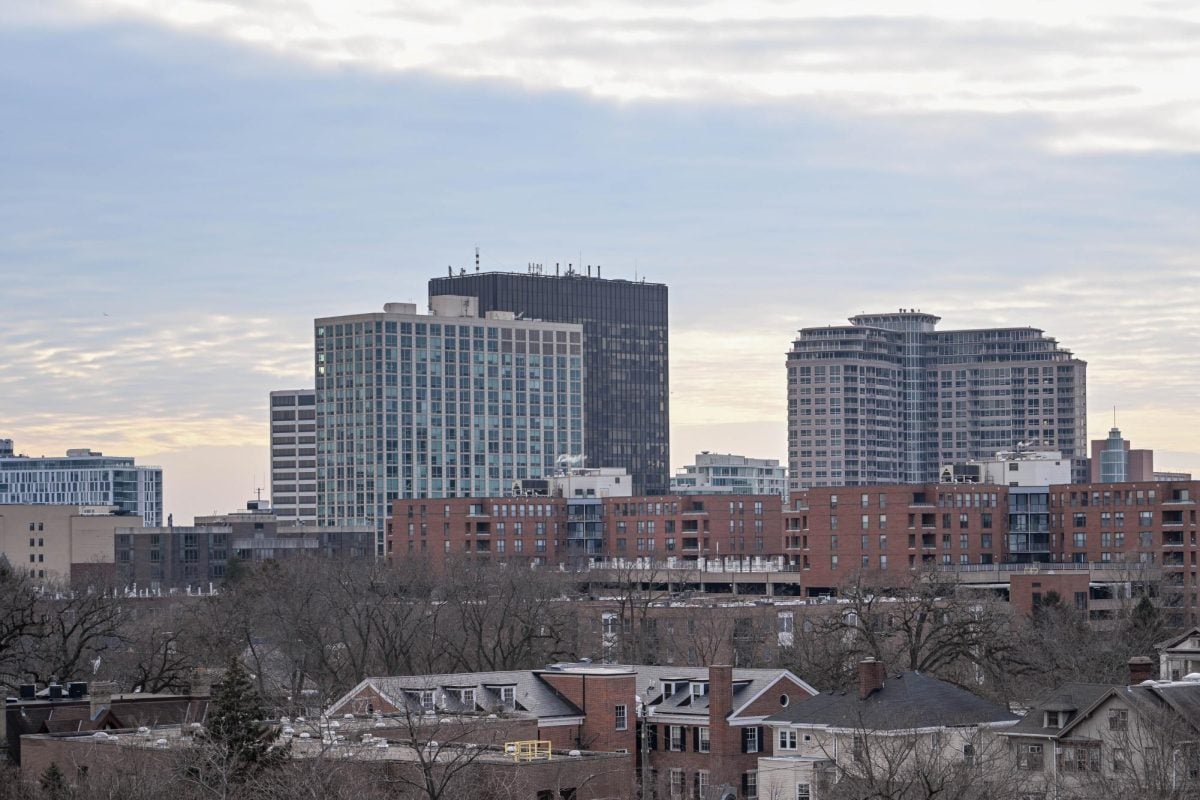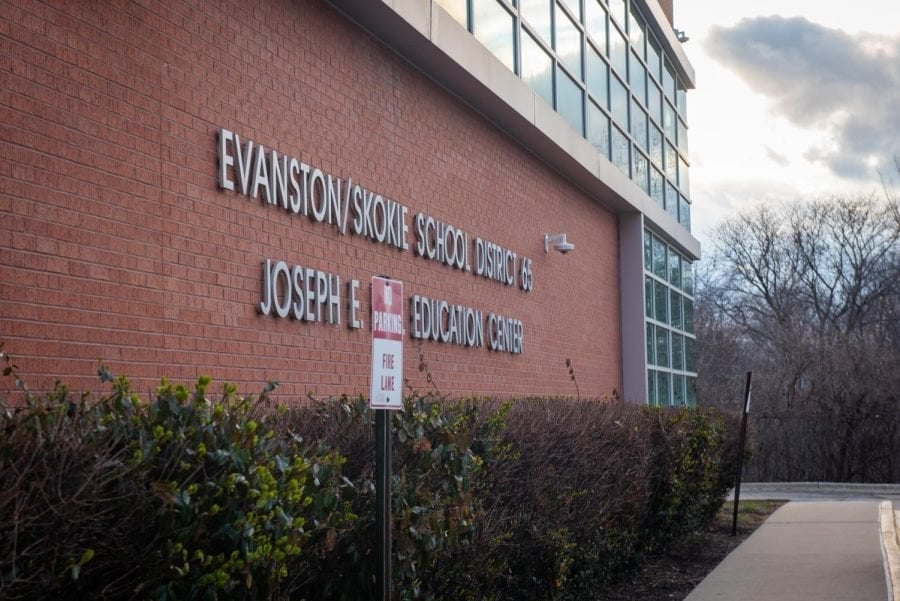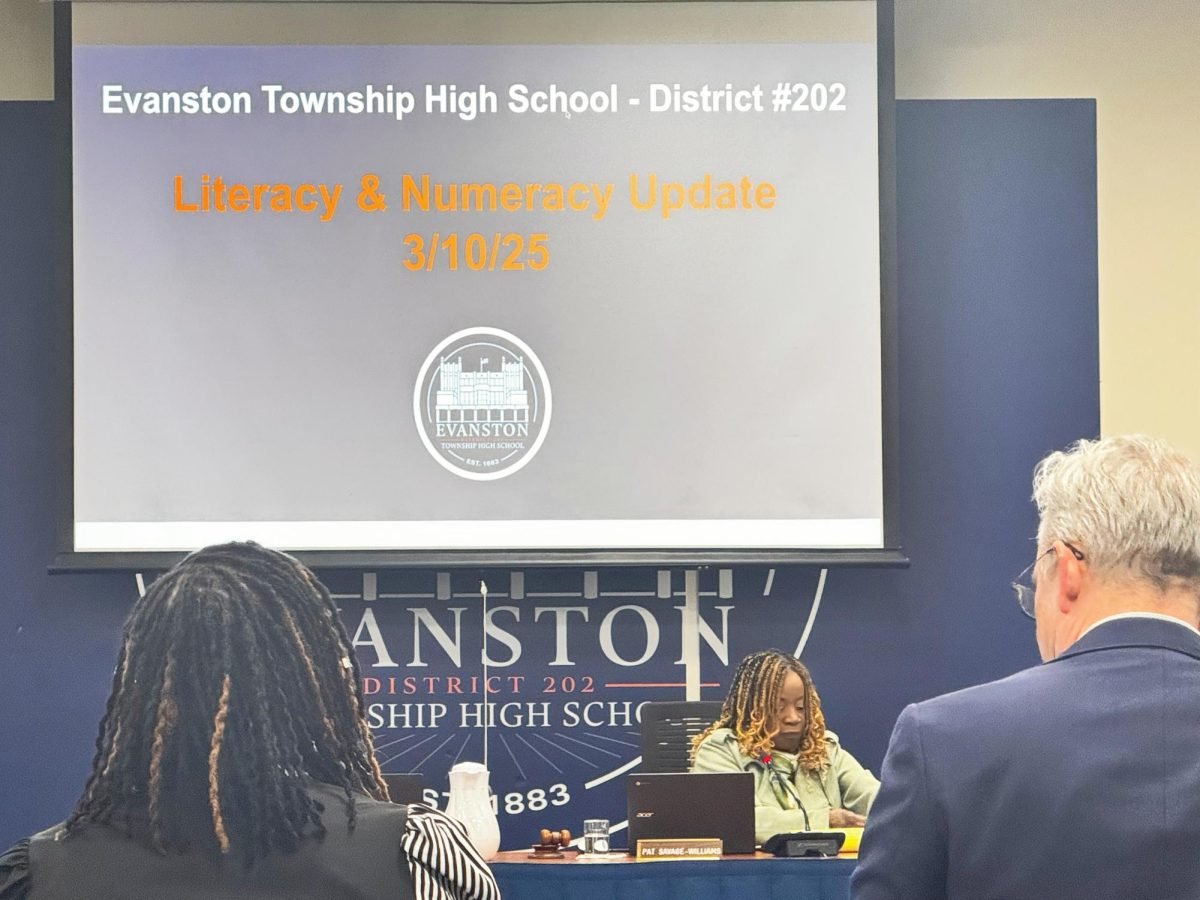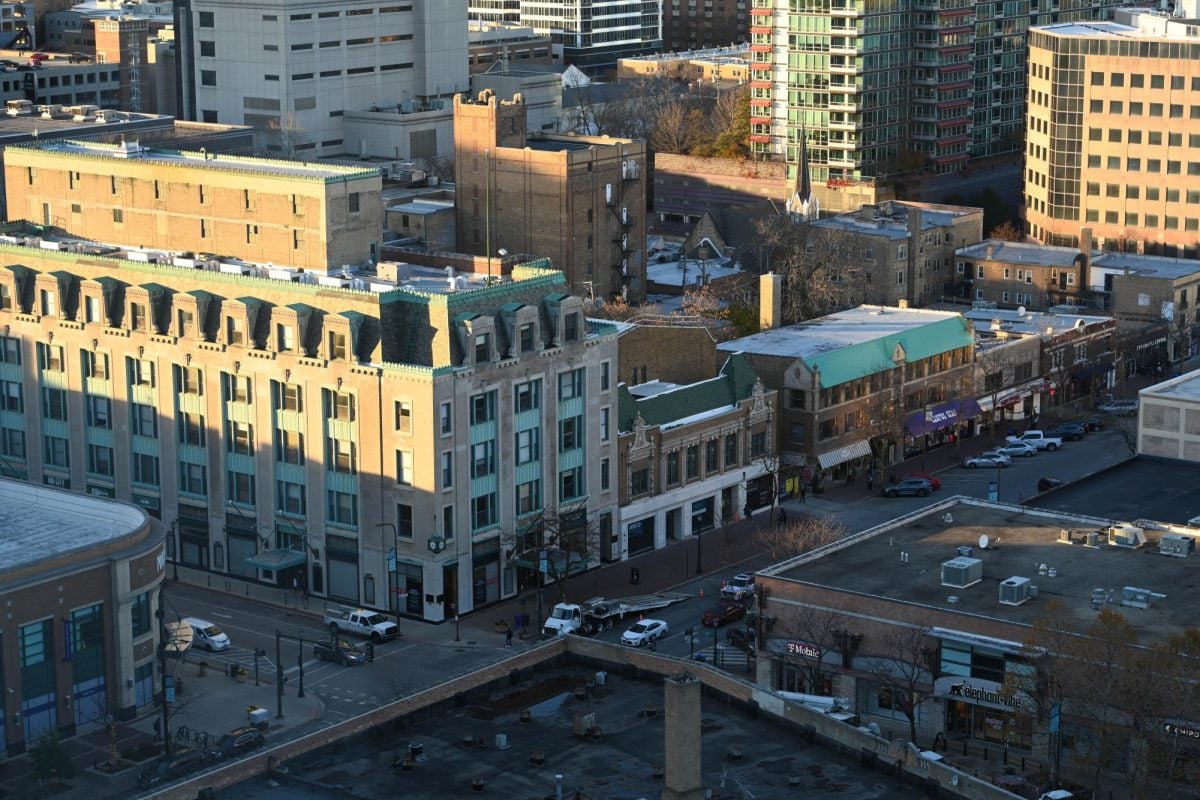Six descendants of Evanston residents filed a federal class action lawsuit against the city Thursday, alleging its reparations program violates the U.S. Constitution by unnecessarily discriminating on the basis of race.
Evanston is the first city in the U.S. to adopt a reparations program for its Black residents. The Restorative Housing Program, enacted in 2021, aims to “address the historical wealth and opportunity gaps that African American/Black residents of Evanston experienced,” according to the city’s website.
As part of the program, Black residents who lived in Evanston from 1919 to 1969 and their direct descendants can be eligible for up to $25,000 in cash from the City.
The plaintiffs are represented by attorneys with the conservative nonprofit Judicial Watch. They do not identify as Black or African American, nor did their Evanston resident ancestors, according to the complaint filed in the U.S. District Court for the Northern District of Illinois.
The plaintiffs are asking for a judge to declare the racial component of the reparations program unconstitutional and stop the city from using race as part of the application process, according to the complaint. They are also asking the judge to award anyone who meets the program’s non-racial criteria $25,000 each.
Specifically, the plaintiffs allege that Evanston’s program violates the 14th Amendment’s Equal Protection Clause, which requires government policies that operate on racial distinctions to be narrowly tailored to further compelling government interests.
“Remedying societal discrimination is not a compelling governmental interest,” the complaint reads.
The plaintiffs also argue that the city hasn’t considered other race-neutral or more narrowly constructed ways to determine if an applicant for the program had ancestors who experienced housing discrimination.
“This scheme unconstitutionally discriminates against anyone who does not identify as Black or African American,” said Judicial Watch President Tom Fitton in a Thursday news release. “This class action, civil rights lawsuit will be a historic defense of our color-blind Constitution.”
Email: williamtong2026@u.northwestern.edu
Twitter: @william2tong
Related Stories:
— A reparations retrospective: Looking back at Evanston’s historic reparations initiative
— Reparations committee determines order for reparations distribution







